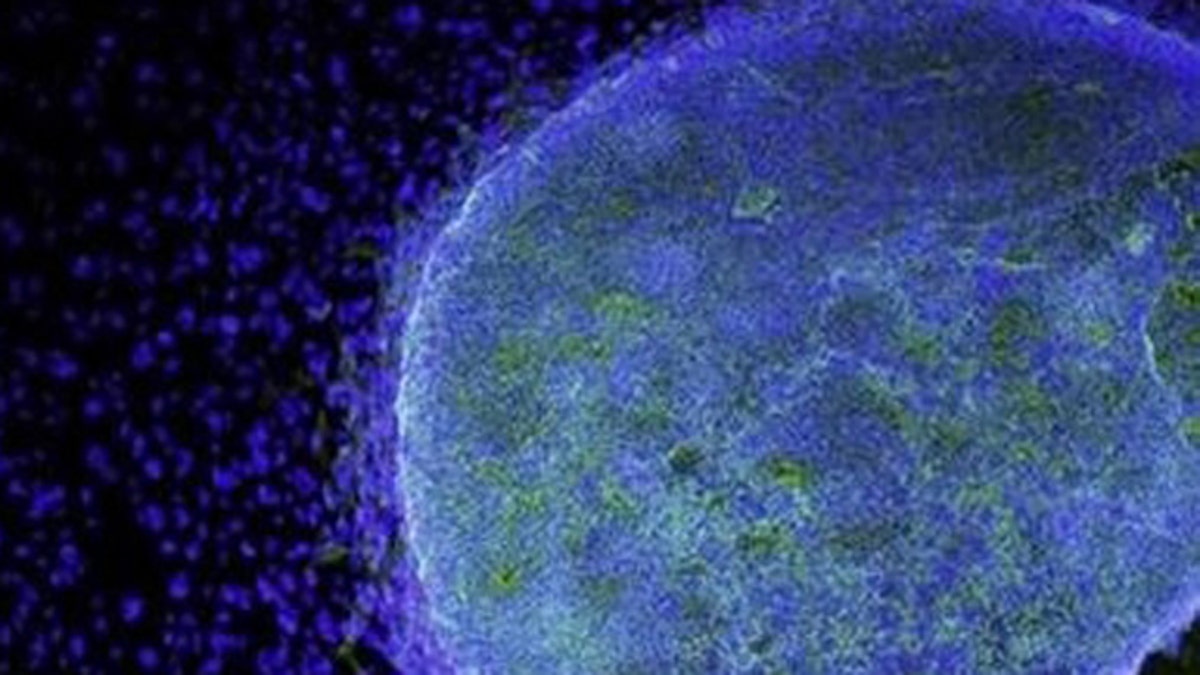
(Reuters)
Patients who suffer from chronic, severe refractory angina can now see improvements in chest pain and exercise tolerance by receiving injections of their own CD34+ stem cells, according to a new study.
Refractory angina, which is characterized by extreme chest discomfort resulting from a lack of blood supply to the heart, currently afflicts more than 850,000 patients in the U.S. Since this condition has failed to respond to other therapeutic options, patients often see a decrease in their quality of life and their activity levels are often reduced.
The study, which was conducted by researchers at Northwestern University Feinberg School of Medicine and Baxter International Inc., extracted stem cells from all participants and then divided them into three treatment groups, varying the amount of cell concentrations they received.
After six months, those who received both high and low doses of stem cells showed fewer episodes of angina and were able to exercise significantly longer than those in the control group.
"The concept of using one's own stem cells to treat disease is highly attractive to the medical community and this research is consistent with Baxter's commitment to driving scientific advances that can lead to promising new treatments for critically ill patients," said Norbert Riedel, Ph.D., Baxter's chief scientific officer.
"These results provide important insights into the potential for these cells to be used in larger scale settings, and we look forward to moving into phase III studies in the near future to hopefully substantiate these results."







































